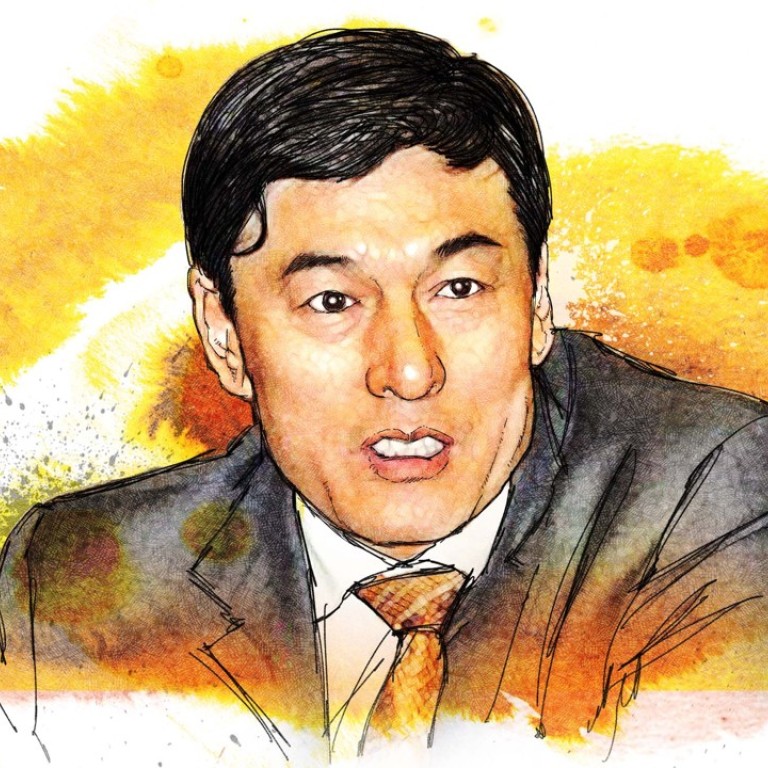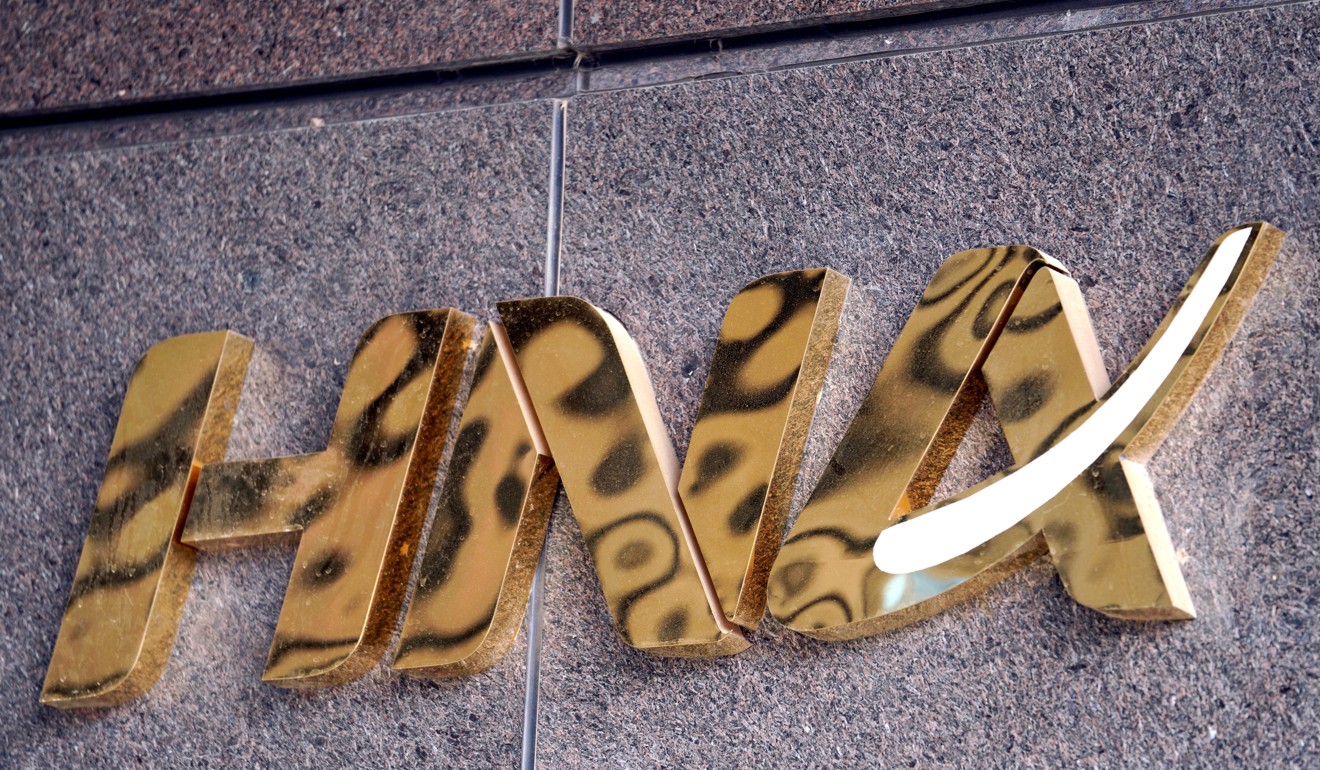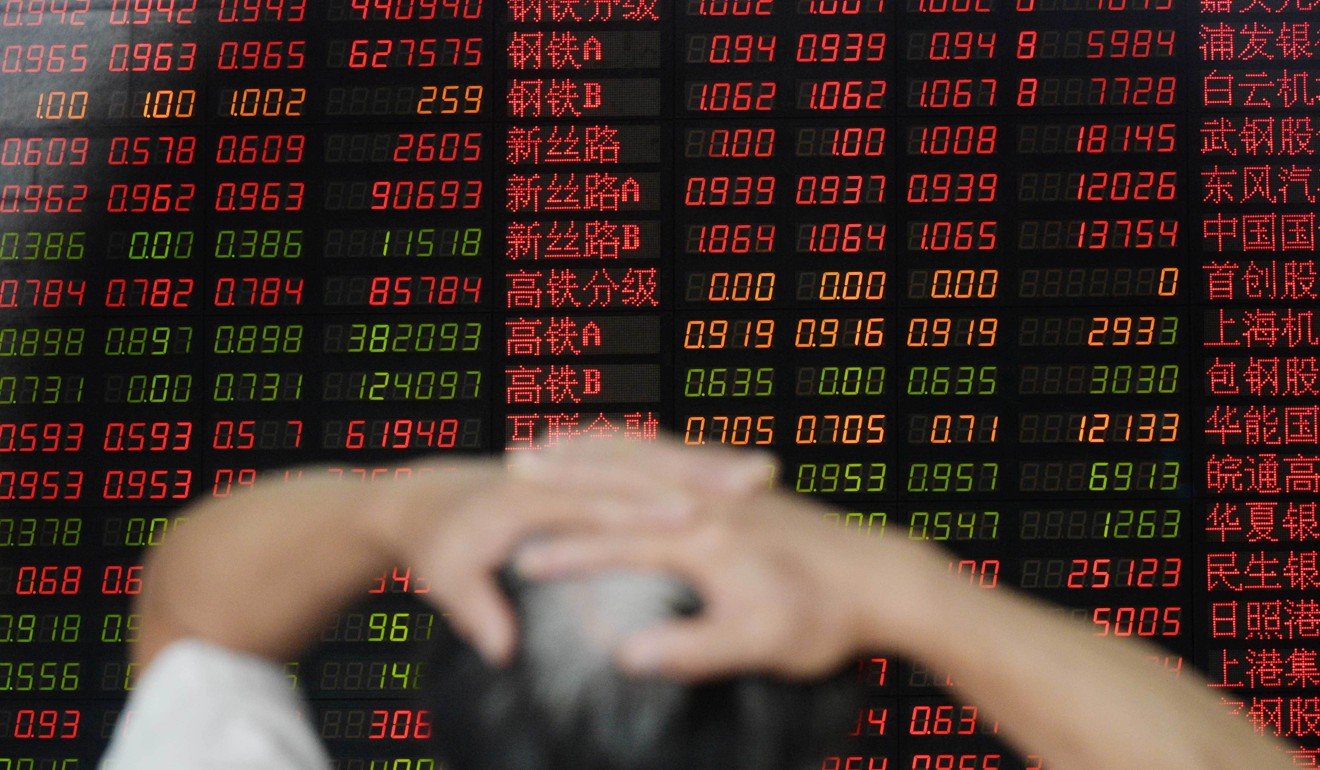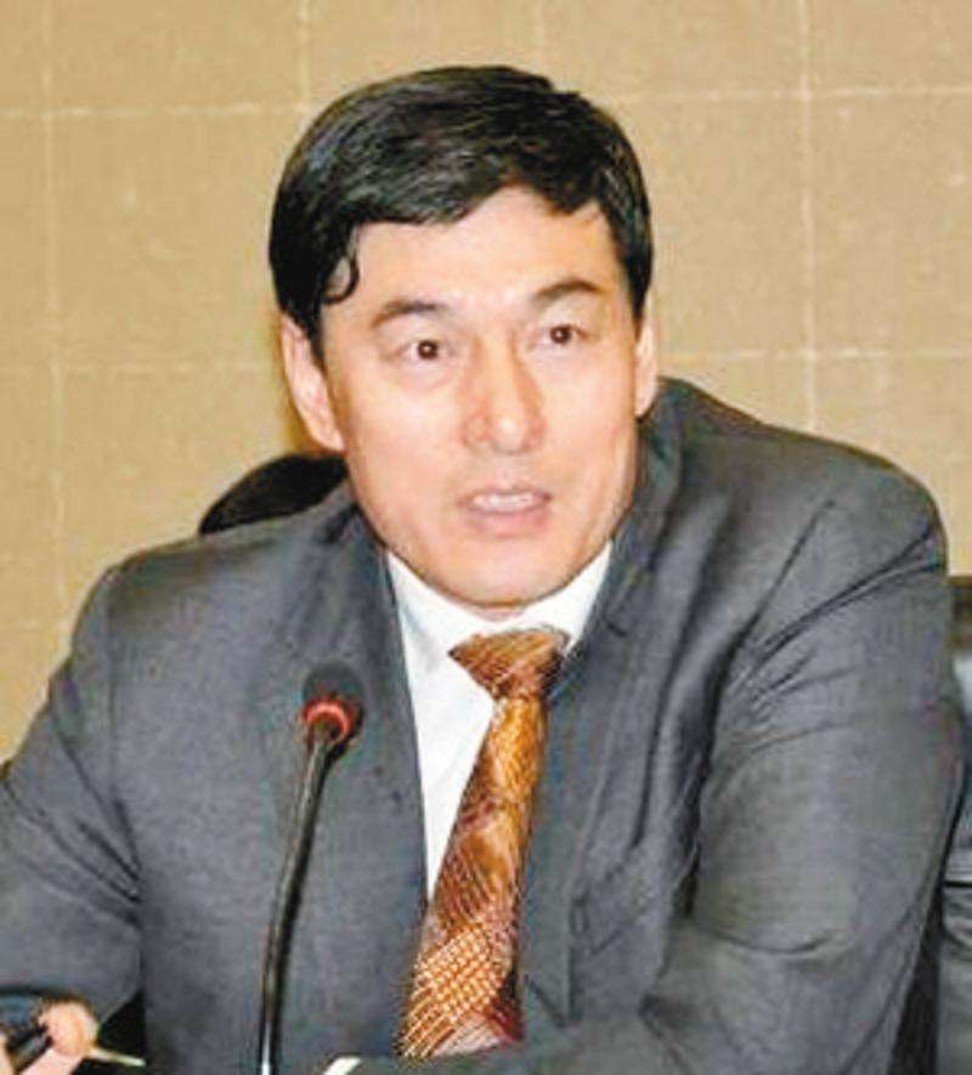
Another Chinese tycoon starts to sell off assets after Xi Jinping’s call to cut debt risk
Zhongzhi Enterprise Group chief Xie Zhikun plans to sell stake in investment trust to state-run body after president’s warning to businesses
Xie Zhikun, a rags-to-riches Chinese tycoon who has built a business conglomerate managing at least 1 trillion yuan, is selling off assets to repay debt, sources have claimed.
The sale emerged after the authorities in Beijing urged other highly leveraged businesses to perform similar acts of “self-rescue”.
The latest major divestment by Xie, whose business is centred on Zhongzhi Enterprise Group (ZEG), surfaced this week when Jingwei Textile, a listed subsidiary of state-owned China Hi-tech Group, said in a stock exchange filing that it planned to buy a 33 per cent equity stake in the Zhongrong International Trust from ZEG.
ZEG will cease to be a direct shareholder in the trust investment firm, a vital cog in Xie’s business machine.
Trust investment firms boomed in China in the last decade as “shadow banks” that funded designated products.
Zhongrong International Trust, formally known as Heilongjiang International Trust and Investment, was particularly aggressive in expanding its balance sheet, especially after ZEG became a major shareholder in 2009.
Within just a few years, the firm has evolved from a small local financing house in a remote province on the border with Russia to become one of the country’s most prestigious investment firms with total assets under its management at 858 billion yuan (US$135.7 billion) as the end of 2016, according to the latest available data on its official website.
ZEG’s Beijing office did not answer telephone calls and declined to respond to emailed requests for comment.
“[Zhongrong Trust] is the most leveraged business unit of ZEG, and it is quite natural for Xie to sell it, particularly when the buyers are backed by the state,” a source, who is familiar with the situation, said.
“It’s similar to the situation of Tomorrow Holdings and HNA,” added the source, who declined to be named.
The Chinese government has told its highly leveraged and murky conglomerates, including Tomorrow Holdings owned by the mysterious tycoon Xiao Jianhua; Chen Feng’s HNA Group and the Dalian Wanda Group run by Wang Jianlin, to “self rescue” by selling off their assets to repay debts.
The Chinese government has also seized control of Anbang Insurance Group and charged its former chairman, Wu Xiaohui, with “fund-raising by fraud”, a serious charge that could result in a life imprisonment.
A source told the South China Morning Post that a “harsher model” was being applied in this case because Anbang’s funding involves millions of retail investors.

Such efforts are part of Beijing’s overall strategy to manage financial risk, one of President Xi Jinping’s main priorities.
The blurred lines between banking, securities, insurance, property and other assets held by the country’s tycoons are seen as risky because their activities have happened out of the sight of the country’s market watchdogs.
Zhou Xiaochuan, the outgoing Chinese central bank governor, has said the country is developing rules to clip the wings of the big financial conglomerates. The authorities have also decided to merge the banking and insurance regulators into one body to improve supervision.
Xie, 57, who sometime goes by his English name of Forest, has kept a low profile.
He worked in a state-owned printing factory in his early career and created ZEG as a timber company in 1995 in Yichun, a region of Heilongjiang which is best known for its woodlands.
His business began to take off after he made a killing from taking part in private placements of Chinese listed companies, according to a report by the Beijing News in January this year.
A former employee from Hengtian Fortune, a wealth management firm, said it was officially an independent entity selling various wealth management products but was actually controlled by Xie.
“Xie is not the chairman nor the biggest shareholder on paper, but everyone knows he is the boss,” said the former executive.
“At an executive meeting, the chairman once pulled out a piece of paper and started to read out as it was ‘a note of congratulation and encouragement sent to us by Mr Xie’.”
Hengtian Fortune was established in 2011 by the private banking unit of Zhongrong International Trust.
According to its website, the firm has sold 6,824 products so far, raising 751 billion yuan in total and generating 56.1 billion yuan returns for 77,833 clients.
Some of Xie’s subordinates or subsidiaries have been accused in corporate filings and regulatory briefings of being involved in inside trading.
For instance, Li Xuan, the chairman of ZEG Investment, a subsidiary, was fined 300,000 yuan by the China Securities Regulatory Commission in January for insider trading.
The authorities started investigating claims of insider trading following the Chinese stock market rout of 2015.
Xie was not charged with any wrongdoing.

In 2016 Xie relocated to Hong Kong, from where he ran his businesses remotely, before returning to the mainland the following year. One source said that after his return he “immediately started to sell off assets to cut the debt”.
Xie could not be contacted for comment.
Last year, the Wall Street Journal reported that Xie had sued a company called XIO Group for allegedly cheating him out of US$1 billion in 2015, a charge that XIO has denied.
Another source, who had business dealings with Xie and who is now living abroad, told the Post that the general feeling among China’s tycoons who had borrowed extensively to expand their business empires, has changed from “getting filthy rich” into a sense that “being safe is already a blessing”.
The source, who declined to be identified, said Chinese tycoons like Xie had to pay off their debts and surrender businesses to others in exchange for security and freedom.
The source added “it’s like the public-private cooperation in the 1950s” when capitalists who had remained in the mainland were persuaded or coerced to hand control of their businesses to the newly founded communist government.


